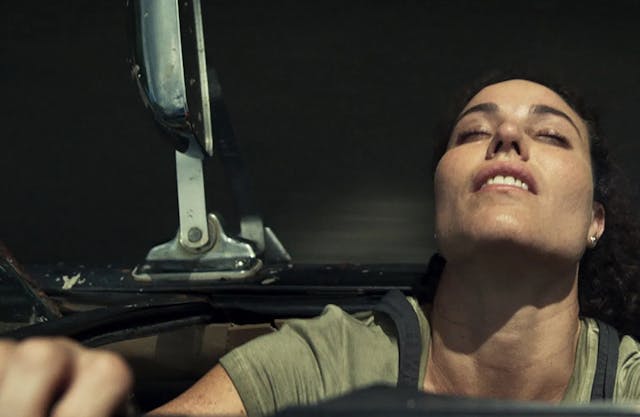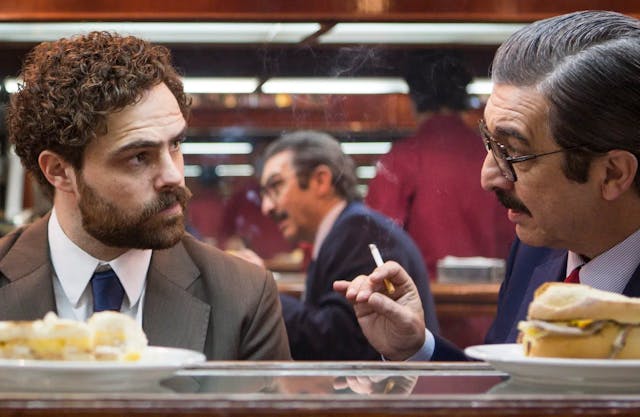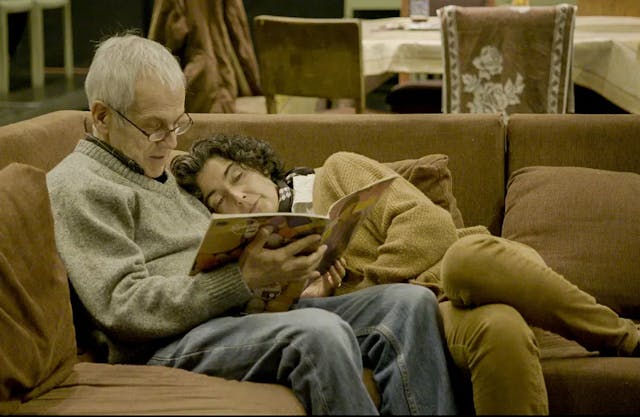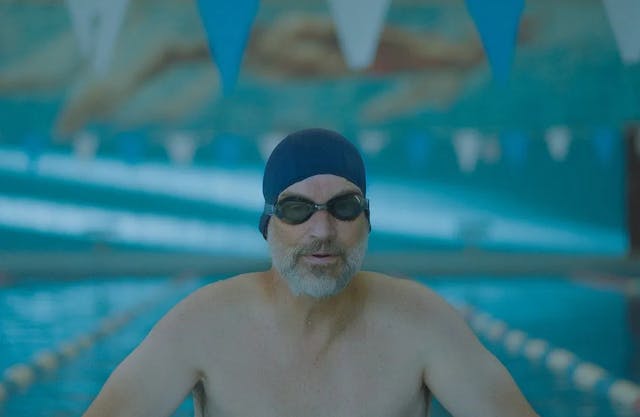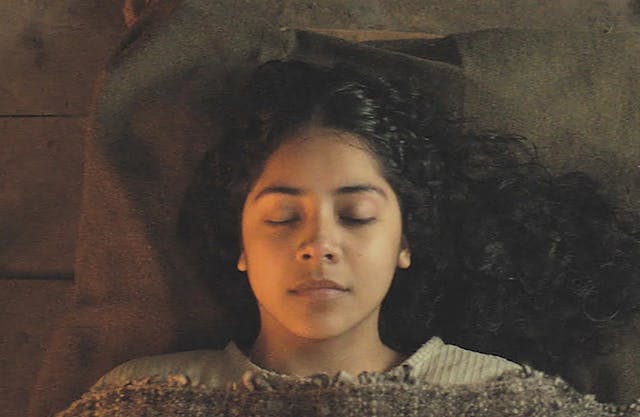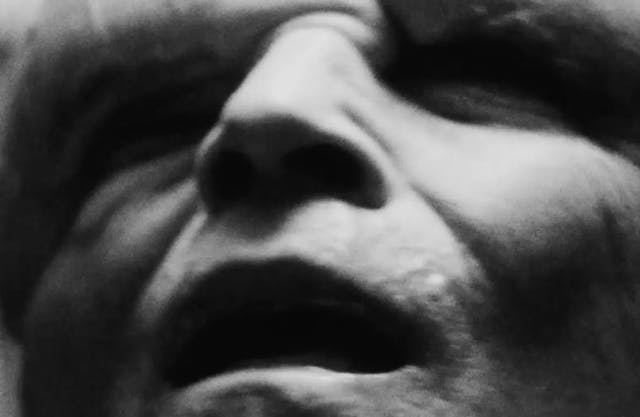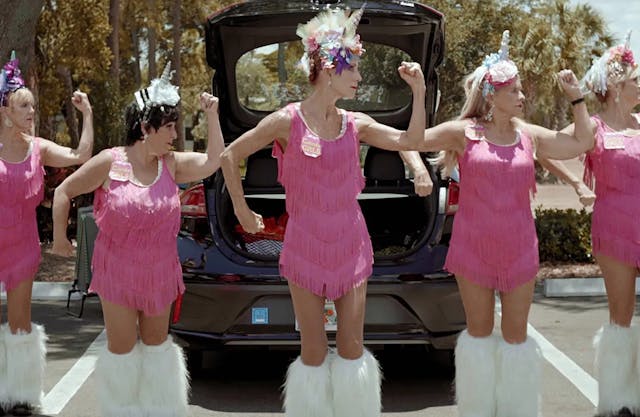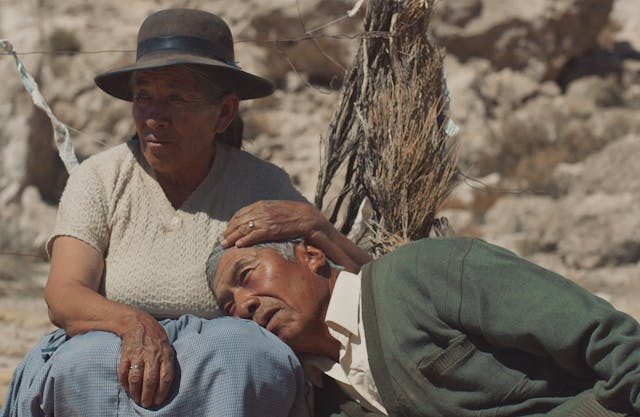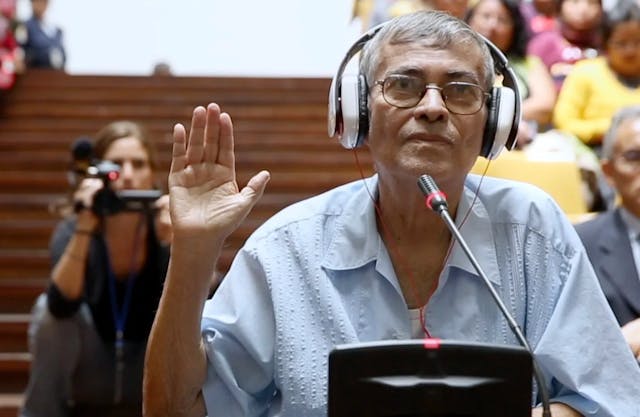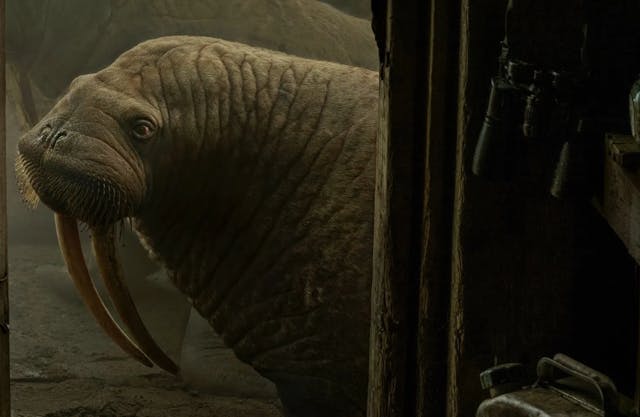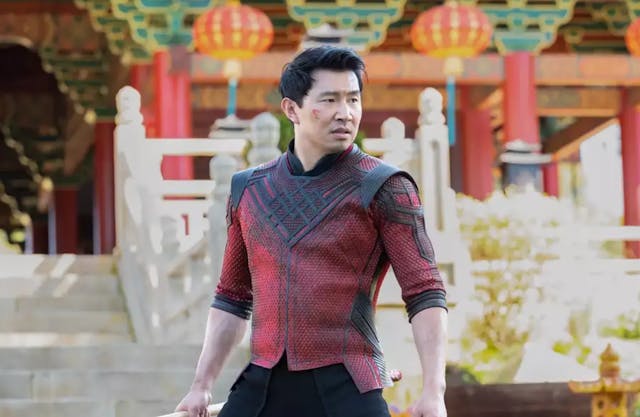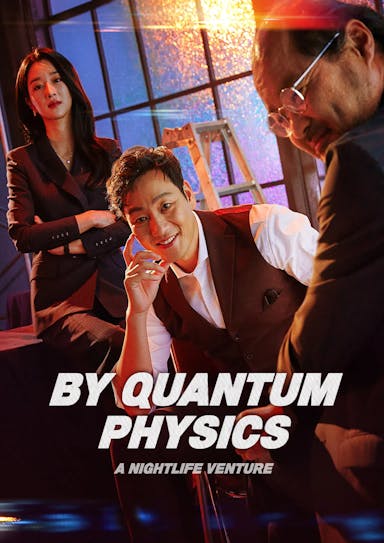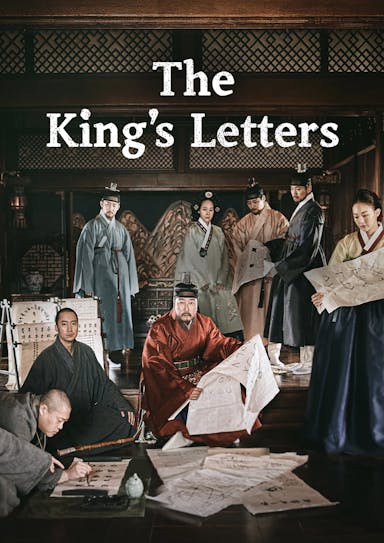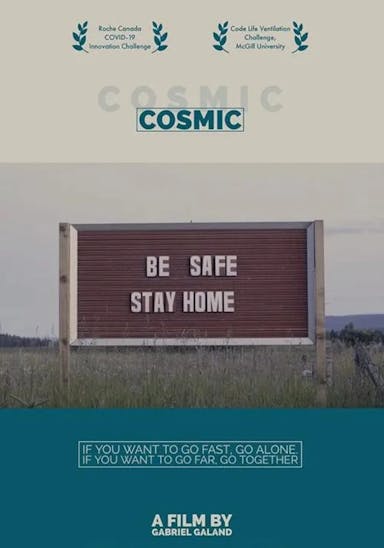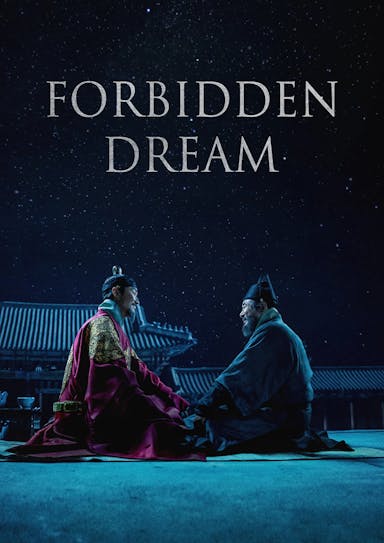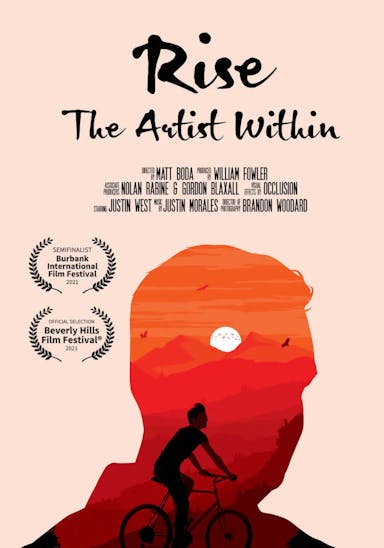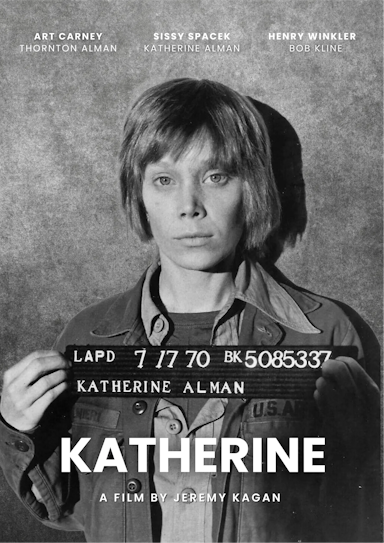Sundance 2023: "The Eternal Memory" is Bound for Art House Success
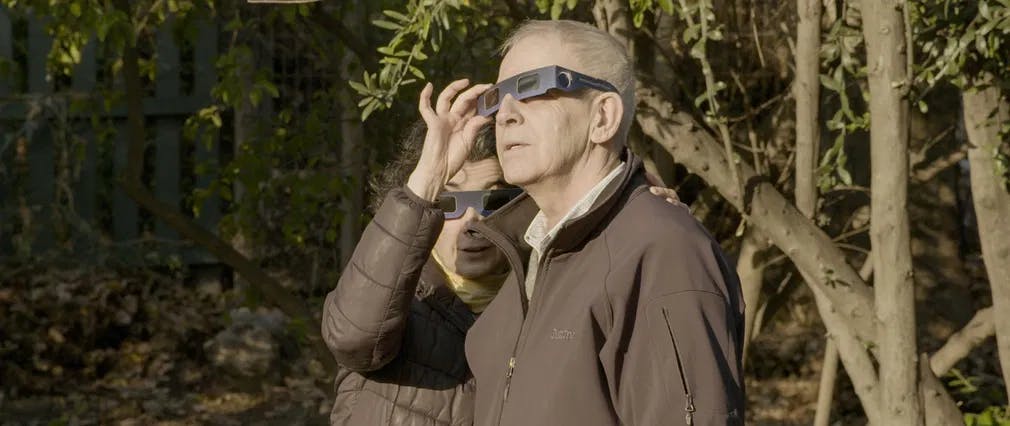
Paulina Urrutia and Augusto Góngora face the eclipse of the mind in The Eternal memory / Photo courtesy of Sundance Institute
A dash of fun from a romantic action comedy courtesy of the Pakistani diaspora in the UK gives way to a sobering examination of war, institutional violence, and the ravages of the passing of time. It sounds heavy, but the cinematic vision of these filmmakers makes a walk on the dark side enlightening. Check out these memorable indie movies fresh out of Sundance.
Polite Society
If Stephen Chow filmed an anti-marriage action comedy with the Pakistani diaspora in England, the result would look like Nida Manor's movie. Ria (Oriya Kansara) is a teenager trying to derail her older sister's wedding. Lena (Ritu Arya) is engaged to a handsome doctor. It looks like a match made in heaven, but she knows something nefarious is aloft. The fabulous Nimra Bucha plays Raheela, the villainous mother of the groom. Class warfare comes into play when you realize Lena is marrying up the social ladder. Raheela is equal parts evil auntie and key master to entry into the Polite Society of the title.
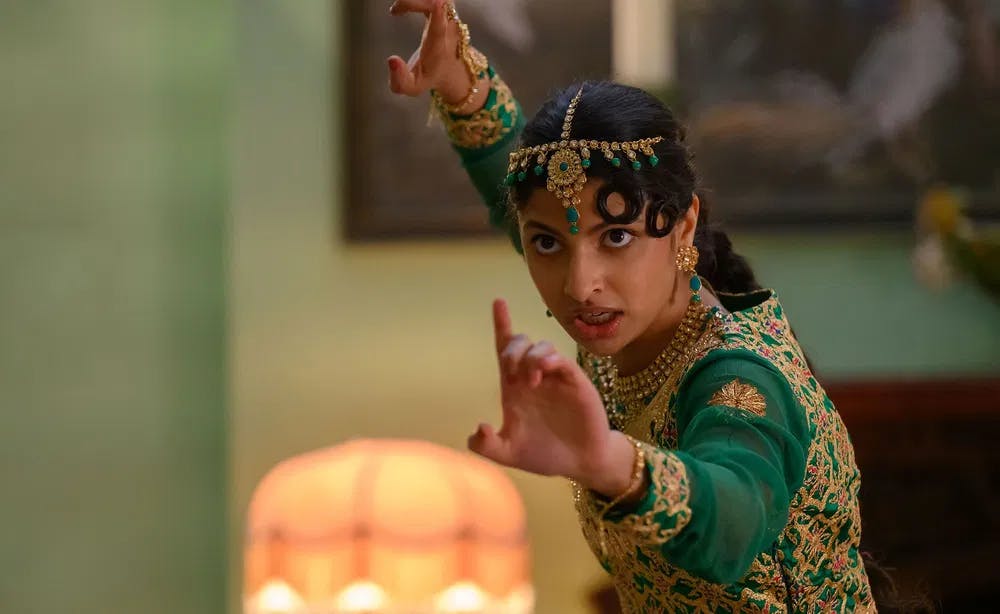
Priya Kansara treats wedding jitters with kick-ass action in Polite Society / Photo by Parisa Taghizadeh, courtesy of Sundance Institute
A parallel plot line considers Ria’s challenge to expectations for a young girl. Lena was already pushing her luck going to art school, but Ria one-ups her, aspiring to be a stunt double. She even writes fawning letters to a star in the trade that goes egregiously unresponded - echoes of another Sundance movie come into the play, the much darker Magazine Dreams -. Her martial arts skills will come in handy in her mission. If you come in blind, it might take you a while to vibe with the zany, Looney-Tunes-like action. Animated titles divide the movie into chapters, underlining the cartoonish spirit of the enterprise. The sisters may demolish a house while brawling, and nobody bats an eyelash.
Then again, those flights of fancy get a pass in most movies. At best, Manor and her lead actors make a warm, silly love letter to sisterhood. Low budget movies don't get more fun than this.
* Update: "Polite Society" is available to stream at Peacock. Rent or buy at all major digital platforms.
Heroic
It would be reductive to call David Zonana’s film a Mexican Full Metal Jacket (Stanley Kubrick, 1987), but military alienation flourishes wherever men take guns. Heroic follows tender 18-year-old Luis (Esteban Caicedo) as he enters a prestigious military school. There is no zealousness in him to serve his country, just pure need: a salary, medical insurance for his diabetic mother, and the prospect of a career are enticing enough. Soon, he finds it is a mephistophelian bargain. Sergeant Eugenio Sierra (Fernando Cuatle) takes him under his wing, leading him down the path of corruption.
Kubrick used the US invasion of Vietnam as his ticket to inspect violence and masculinity, but Mexico is a country at war with itself. The drug cartels take the headlines, but poverty and racism define a more insidious battlefield. "You know what life outside is like for people like us," says the Academy director to Luis when he tries to complain about the disappearance of a fellow cadet. By us, he means dark-skinned indigenous people and their descendants. Army life offers social validation and impunity when you dabble in illegal activities. If you can take the hazing, harassment, and degradation, that is.
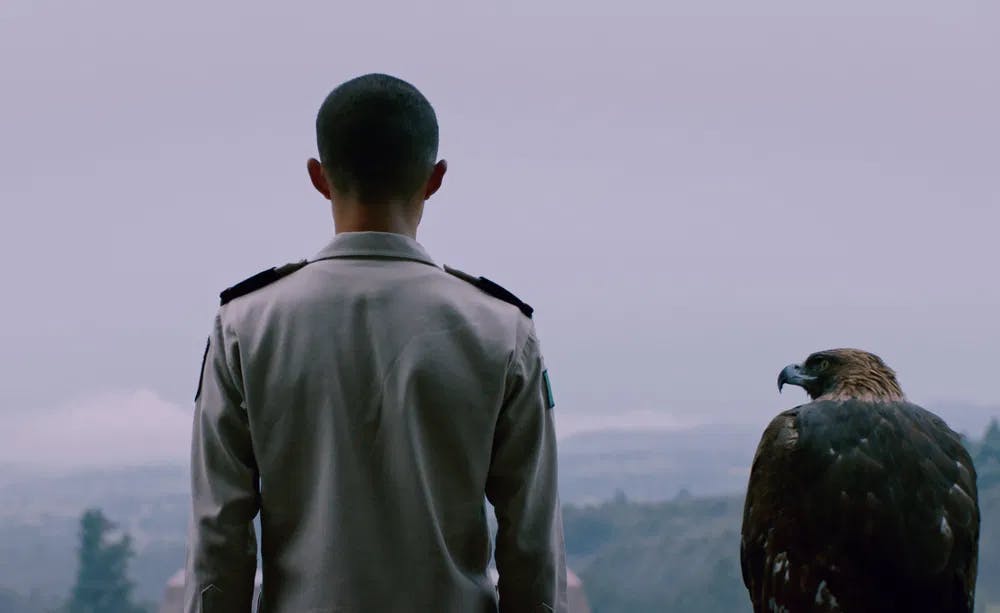
Birds of prey flock together: Caicedo gets a brutal education in Heroic / Photo courtesy of Sundance Institute
Zonana gets the most out of his setting. The Heroic Academy functions in a massive compound that combines pre-Columbian pyramids and XX-century brutalist architecture. Martial life and violence are the only ways these young men can reclaim power in a white-dominated society. There is some social anxiety at play - Sierra’s most visible and dramatic criminal activities target White middle-upper-class people - but everyone is fair game for the power-mad criminal dressed as a soldier. Heroic is a compelling film that marks Zonana as a talent to follow. This is catnip for film festivals.
5 Seasons of a Revolution
Journalist and filmmaker Lina uses only her first name, not as an artistic affectation but as a survival imperative. It is one of the many aliases she takes while covering the war in her own country, Syria. She distinguishes her behind-the-trenches documentary by focusing on her daily life and small circle of friends. The intimate group of young journalists and activists are inspired by the Arab Spring to stand up to the Assad regime.

Lina, by any other name, documents 5 Seasons of a Revolution in Syria / Photo courtesy of Sundance Institute
5 Seasons of a Revolution begins with a peppy montage introducing Lina and her group. It feels like the introduction of an early season of MTV’s The Real World that you somehow missed. It is a stark reminder that these young women and men are being robbed of a charmed stage in life. Things get serious quickly as the regime cracks down with violence and the protests rise outside Damascus. Before you know it, this set of kids is dealing with murderous thugs and putting their lives on the line to record the worst exercises of repression.
It is a gut-wrenching look at a country undoing itself. Even though it keeps focus on the group, it never feels solipsistic. If anything, it is a sobering reminder that journalists and activists on the front lines of resistance are citizens themselves. Their cameras and their convictions do not shelter them from violence. 5 Seasons of a Revolution would make a powerful double feature with 20 Days in Mariupol, which is more classically journalistic in its approach. A new generation of war correspondents is born right on their home turf. This is what capturing history on the fly looks like and film production under fire.
The Eternal Memory
Three years after The Mole Agent (2020), Chilean filmmaker Maite Alberdi is perhaps the best director working on documentaries on Latin America. She returns with another powerful look at old age, albeit less lighthearted. Her new documentary focuses on the day-to-day life of Augusto Góngora, a man facing the advancement of Alzheimer’s Disease under the attentive care of his wife, Paulina Urrutia. They are not your next-door neighbors but a power couple: the most famous journalist in the country and a well-known actress - and former Minister of Culture, to boot.
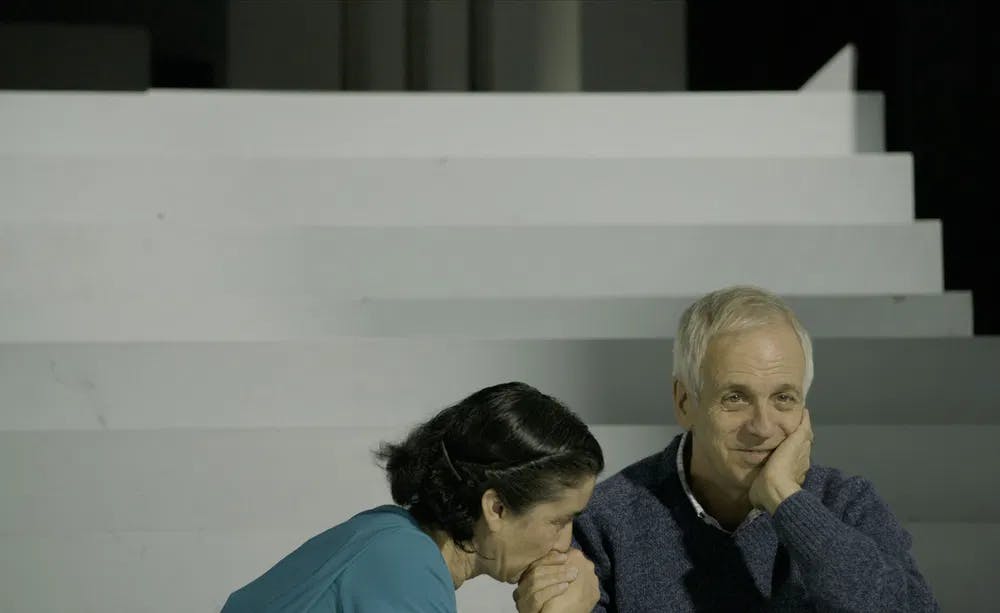
Paulina Urrutia and Augusto Góngora on stage in The Eternal memory / Photo courtesy of Sundance Institute
The movie takes care to put audiences up to date on their backgrounds. We get to see bits of Góngora's coverage of the Pinochet dictatorship, the dark side of its economic miracle, and his late turn to cultural issues. Not just any guy could interview filmmaker Raúl Ruiz or rocker Gustavo Cerati. Imagine Edward R. Morrow or Dan Rather giving you full access to his fight against the ravages of this cruel disease. No doubt the movie must be more devastating for Chileans who grew up watching Góngora, but in a strange way, newcomers like us may have an easier time viewing Góngora and Urrutia as regular people without the trappings of celebrity and social capital getting in the way.
There is more to The Eternal Memory than lamenting the illness of a famous person. Cruel irony is at play. Góngora dedicated his life to preserving the memory of Chile, and his memory is the thing Alzheimer targets. As the effects of the disease advance and he becomes more and more vulnerable, the movie argues for the undeniable humanity of the human being even as he loses his sense of self. There is a lot of bravery in Góngora and the grand final gesture of allowing people to see him at his most vulnerable.
You can read our interview with director Maite Alberti and Paulina Urrutia, recorded on August 2023, when "The Eternal Memory" made its theatrical debut in the United States. Or watch the video version if you are not afraid of subtitles. Of course, you are not! As any self-respecting indie movie fan, you roll with subs!
* Update: "The Eternal Memory" won the Grand Jury Prize in the World Cinema Documentary competition at Sundance, 2023.
Want to get an email when we publish new content?
Subscribe today

